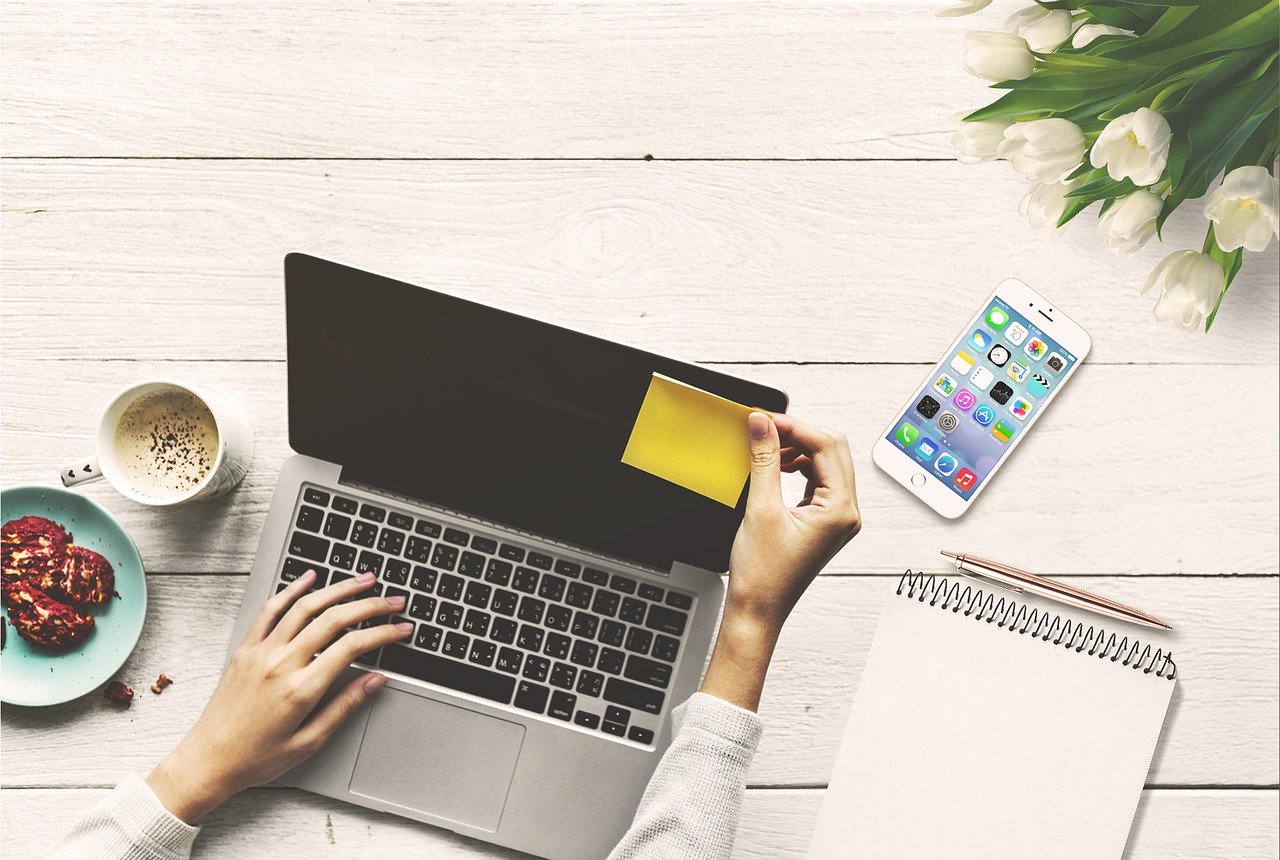With this semester’s teaching beginning to come to a close, many of us have approaching coursework deadlines and the thought of exams is once again beginning to rear its ugly head. It’s often to hard to get our heads down and focus at home, especially when there are so many distractions around us – but it is possible! Read ahead for some tried and tested advice on how to get the most out of working and revising from home.
Make a designated space for doing work
Working from your bed is always a bad idea, not only for whatever work you are trying to do but also for when you take a step back from your work and try to relax. Doing work in place you normally use to sleep doesn’t help you to get in the ‘work mindset’, and vice versa when you try and relax after doing work you might find you struggle to. Instead, it is much better to separate the two – have a designated space such as your desk or another workspace for
Make a list of all the tasks you need to get done – and break them down into smaller tasks
Having what seems like a mountain of tasks to do spiralling around in your head can feel very overwhelming. Writing a list of everything you need to do helps to reduce this a lot, and also allows you to plan how long something might take and the time you have available to do it. Breaking each big task down into smaller tasks also makes it seem a lot more manageable, and you’ll feel much more productive as a result!
Plan Ahead
Once you’ve got your list of tasks, try and plan when you’re going to carry out these tasks based off of their deadlines and how long you might need to do it. Make sure you plan in some time off too – there’s nothing worse than feeling burned out because you aren’t giving yourself breaks from working.
Play some background music
Lots of people prefer not to work in complete silence, in which case having music on quietly in the background works perfectly. Try not to let it become a distraction though – you don’t want to end up singing along to your favourite songs instead of doing any work. Instrumental music is the best way to go, and if you’re not sure where to find any, Spotify has some great study playlists to suit most people’s taste.
Take regular breaks
No-one can work for 8 hours straight. The general advice is to have a 5-minute break per 30 minutes of work, but I find this can sometimes disjoint workflow. Instead, you may want to have a 10-minute break per hour of work, or a 5-15-minute break at the end of each task depending on the length of each task.
Turn off your phone
It’s so easy to pick up your phone to check one message only to find yourself scrolling through Instagram hours later. Whilst it’s fair to say that turning off your phone whilst you’re working is potentially the last you want to do, it’s a huge help in removing any possible distractions, even if it’s only off for an hour. Apps such as Flipd which lock your phone for a set period of time are also great if you really struggle with getting distracted by your phone.
Finally, if you’re still struggling to work from home then try moving to a different area – the library and cafes are great places to do work if your house isn’t working out for you (especially if you’re like me and like the thought of continuous coffee whilst you’re working). There is no one-size-fits-all when it comes to what helps to enhance your productivity, so keep trialling a variety of approaches until you find what works best for you.
Phoebe Turner

